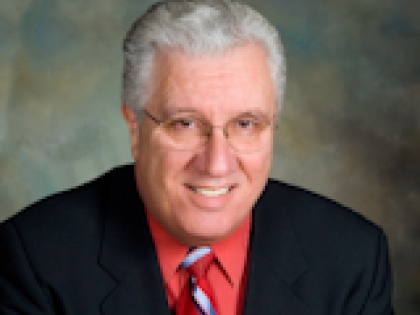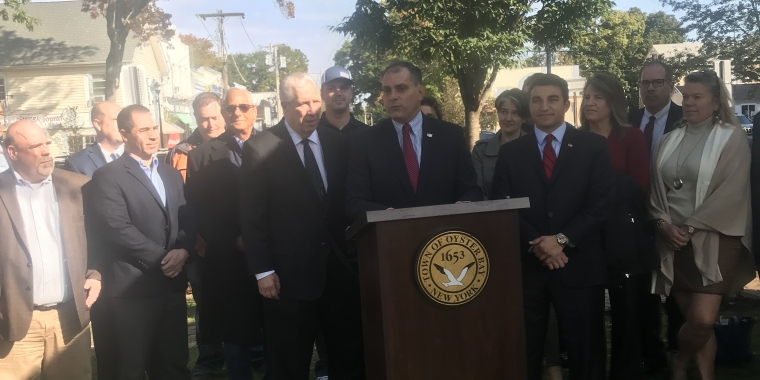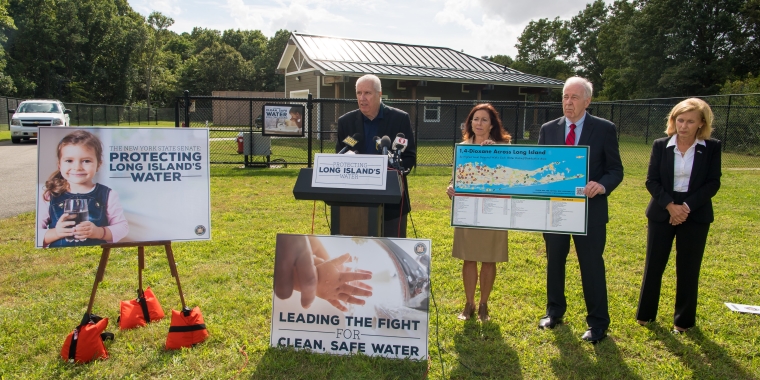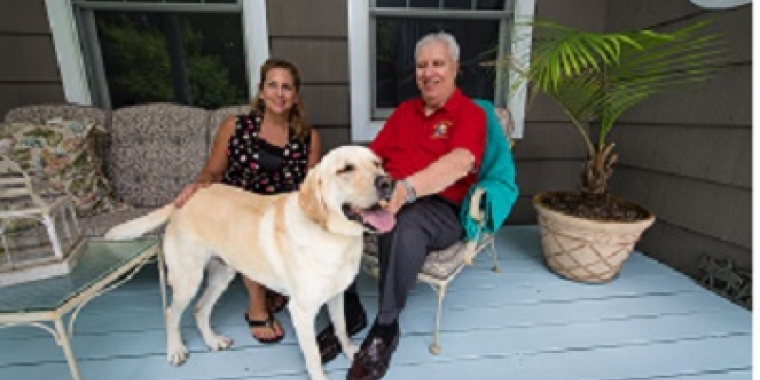
Marie Colvin
May 14, 2012


Marie Colvin
Award: HONORING WOMEN IN NEW YORK
Year: 2012
Marie Colvin earned international acclaim as a fearless reporter for The Sunday Times of London making it her mission to expose injustice and human suff ering. After more than two decades of chronicling confl ict, Ms. Colvin became a victim of it in Homs, Syria.
Ms. Colvin was an extraordinary human being, whose dedicated calling as a foreign correspondent will continue to inspire admiration and hope for a better world. She was a foreign correspondent for more than 25 years, making a specialty of reporting from the world’s most dangerous places. She focused on the plight of women and children in wartime, and Syria was no diff erent.
In the 1990s, Ms. Colvin worked in the Balkans, where she went on patrol with the Kosovo Liberation Army as it engaged Serb military forces. She worked in Chechnya, where she came under fire from Russian jets while reporting on Chechen rebels seeking independence for their region. She also covered the conflict in East Timor after its people voted for independence in Southeast Asia. She was one of the few reporters to interview ousted Libyan leader Moammar Gadhafi in his final days before his death in October 2011.
Ms. Colvin wrote and produced documentaries, including Arafat: Behind the Myth for the BBC in 1990, and was featured in the 2005 documentary film, Bearing Witness.
During an ambush in Sri Lanka in 2001, Ms. Colvin lost sight in one eye when a soldier launched a grenade and the shrapnel sliced into her face and chest, but she promised not to “hang up my flak jacket” and kept reporting on the world’s most troubled places. She believed her “mission is to speak the truth to power (to) send home that first rough draft of history. We can and do make a difference in exposing the horrors of war and especially the atrocities that befall civilians.”
Ms. Colvin often did more than merely write. In 1999, in East Timor, she was credited with saving the lives of 1,500 women and children who were besieged in a compound by Indonesian-backed forces. She refused to leave them, waving goodbye to 22 journalist colleagues as she stayed on with an unarmed UN force in order to help highlight their plight by reporting to the world, in her paper and on global television. The publicity was rewarded when they were evacuated to safety after four tense days.
In recognition of her dedication and passion, she was twice named Foreign Reporter of the Year in 2001 and 2010 in the British Press Awards. She was given an International Women’s Media Foundation award for courage in journalism for her coverage of Kosovo and Chechnya; the Foreign Press Association named her Journalist of the Year in 2000.
Apart from reporting, she loved sailing. As a young woman she worked at the local yacht club to save enough to buy her first boat to sail to Oyster Bay Harbor, and in recent years she had revived her passion for the sport.
We commend her for her strength, fortitude and courage; she is an inspiration to us all.
Share this Article or Press Release
Newsroom
Go to Newsroom


